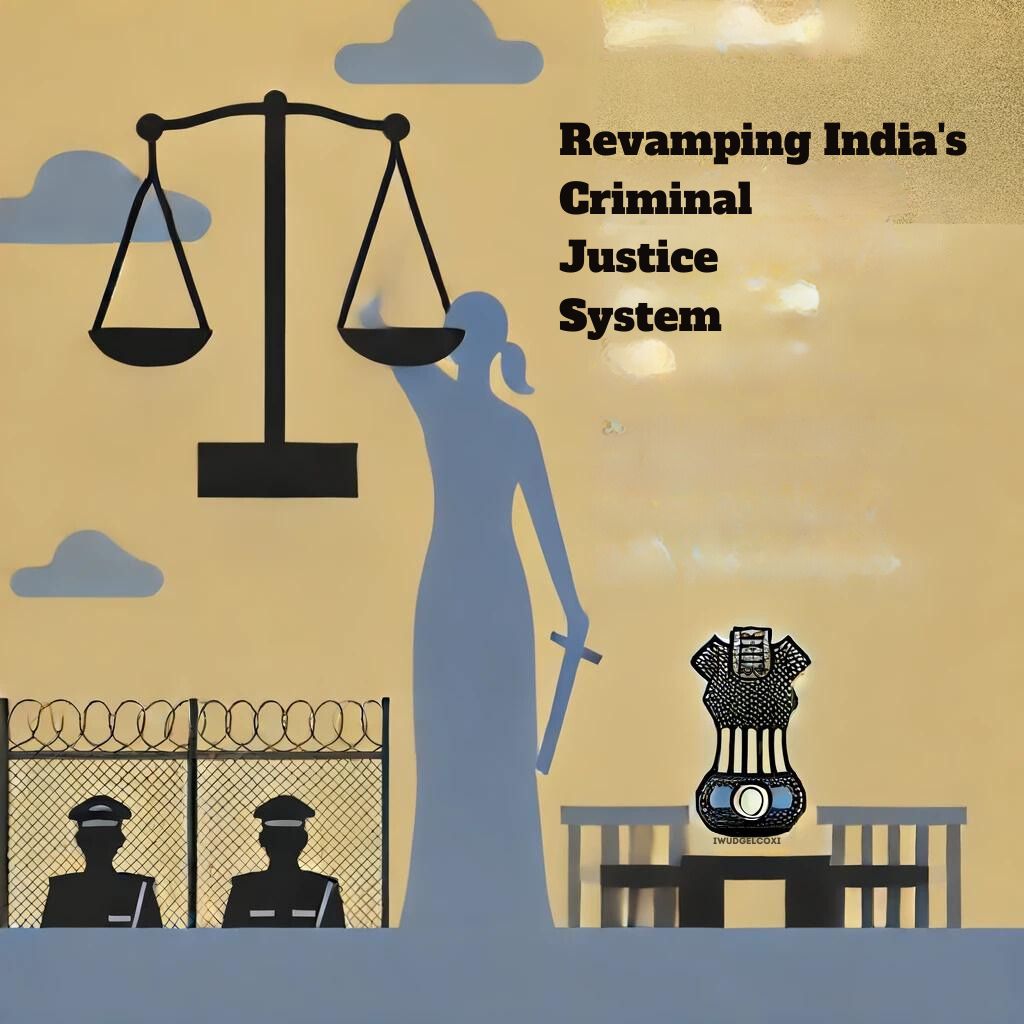Aptitude is a fundamental attribute that plays a crucial role in determining an individual’s potential to succeed in various professional domains, including civil services. It encompasses a range of cognitive abilities that are essential for effective decision-making and problem-solving in governance. This article delves into the definition of aptitude, its significance in the civil services examination, methods to develop it, and the distinction between aptitude and skills. Additionally, we will explore real-life cases where aptitude has been pivotal in government functioning.

Definition of Aptitude
Aptitude refers to a person’s natural ability to learn and perform tasks efficiently. It is an indicator of one’s potential to acquire skills and knowledge in specific areas. Aptitude is broadly classified into several components:
- Verbal Reasoning: This involves understanding and analyzing written information, comprehending language nuances, and effective communication.
- Quantitative Reasoning: It encompasses numerical ability, including problem-solving using mathematical concepts, data interpretation, and logical thinking.
- Logical Reasoning: This involves identifying patterns, analyzing situations logically, and making reasoned judgments.
These components collectively determine an individual’s ability to process information, solve problems, and make decisions effectively.
Aptitude Testing in Civil Services
Aptitude testing is a critical part of the civil services examination process. It helps assess candidates’ cognitive abilities and their suitability for administrative roles. The Civil Services Aptitude Test (CSAT), introduced in 2011 as part of the preliminary examination, evaluates candidates on various parameters, including:
- Comprehension and Communication Skills: Assesses the ability to understand and articulate ideas clearly.
- Logical and Analytical Reasoning: Evaluates the capacity to analyze situations and make logical conclusions.
- Decision-Making and Problem-Solving: Tests the ability to make effective decisions in complex scenarios.
- Numerical Ability and Data Interpretation: Measures proficiency in handling numerical data and solving mathematical problems.
The CSAT ensures that candidates possess the necessary cognitive skills required for efficient public administration.

Developing Aptitude
Developing aptitude is a continuous process that involves targeted practice and strategic learning. Here are some methods and tips for aspirants to enhance their aptitude skills:
- Regular Practice: Consistent practice of verbal, quantitative, and logical reasoning questions can significantly improve proficiency.
- Reading Comprehension: Reading diverse materials, such as newspapers, journals, and books, enhances comprehension and vocabulary skills.
- Mathematical Exercises: Solving mathematical problems and puzzles helps sharpen quantitative reasoning.
- Mock Tests: Taking regular mock tests simulates exam conditions, helping in time management and identifying areas of improvement.
- Analytical Thinking: Engaging in activities that require logical analysis, such as playing chess or solving riddles, enhances logical reasoning.
By incorporating these practices into their daily routine, aspirants can develop a strong aptitude, essential for success in civil services.
Aptitude vs. Skill
It is important to differentiate between innate aptitude and acquired skills. Aptitude refers to the inherent cognitive abilities that individuals possess, while skills are developed through learning and practice. In the context of civil services, both aptitude and skills are crucial for effective governance.
- Aptitude: Provides the foundation for quick learning, problem-solving, and decision-making. It is essential for understanding complex issues and formulating policies.
- Skills: Acquired through training and experience, skills such as communication, leadership, and technical expertise are necessary for implementing policies and managing administrative tasks.
While aptitude is an indicator of potential, skills represent the practical application of that potential in real-world scenarios. Both elements are interdependent and vital for a successful career in civil services.

Case Studies of Aptitude in Action
Case Study 1: Crisis Management during Natural Disasters
During the Kerala floods in 2018, the prompt and effective response by civil servants was a testament to their aptitude in crisis management. The ability to analyze the situation, coordinate rescue operations, and allocate resources efficiently showcased their logical and decision-making skills. Their aptitude enabled them to make quick and informed decisions, minimizing the impact of the disaster on the affected population.
Case Study 2: Policy Formulation for Digital India
The implementation of the Digital India initiative required civil servants to possess strong analytical and quantitative reasoning skills. Understanding the technological landscape, analyzing data for decision-making, and formulating policies to bridge the digital divide were crucial tasks. The aptitude of civil servants played a key role in the successful rollout and adoption of digital services across the country.
Continuous Development of Aptitude in Civil Services
Even after entering civil services, the need for aptitude development does not cease. Continuous learning and skill enhancement are essential to keeping pace with evolving challenges and complexities in governance. Civil servants can engage in:
- Professional Development Programs: Attending workshops, seminars, and training sessions to stay updated with the latest trends and practices.
- Higher Education: Pursuing advanced degrees or certifications in relevant fields to deepen knowledge and expertise.
- Self-Learning: Reading extensively, engaging in analytical exercises, and seeking mentorship from experienced professionals.
By continuously developing their aptitude, civil servants can ensure effective governance and adapt to the dynamic needs of public administration.
Conclusion
In conclusion, aptitude is a cornerstone of success in civil services. It encompasses essential cognitive abilities that are critical for decision-making, problem-solving, and efficient governance. Through rigorous testing, strategic development, and continuous learning, aspirants and serving officers can enhance their aptitude, contributing to the betterment of society and the nation.


